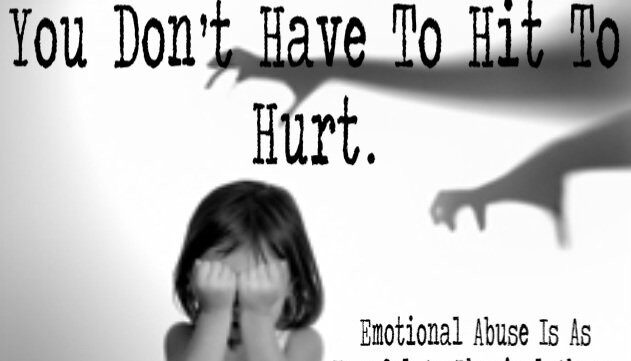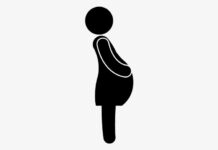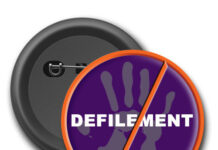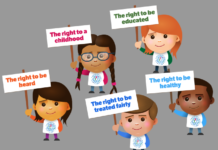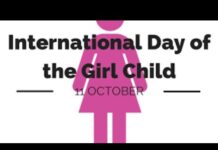Emotional abuse of the Child is a violation of the child’s right to survival and development.
One of the four core principles of the United Nations Convention on the Rights of the Child, UNCRC, is the right to life, survival and development.
Scars and bruises can be seen in other forms of abuse, but the wounds of emotional abuse are not always visible. Although an emotionally abused child might not end up in the hospital with a broken bone or a concussion, the effects of emotional abuse can be damaging and long-lasting.
Do you know children do get depressed?
Emotional abuse happens when a child is repeatedly made to feel worthless, unloved, alone or scared. It is also known as psychological or verbal abuse, it is the most common form of child abuse which can include constant rejection, hostility, teasing, bullying, yelling, criticism and exposure to family violence. The impacts are just as harmful as physical abuse.
Emotional abuse is damaging to a child’s self-esteem and emotional wellbeing
According to a research by Verywellfamily, signs of emotional abuse include:
- Anxiety
- Attempts to avoid certain situations (such as going to an activity or another person’s house)
- Declining performance at school
- Delayed emotional development
- Depression
- Desire to hurt themselves or other people on purpose
- Desperately seeks affection from other adults
- Developmental regression (for example bedwetting or soiling after previously mastering bladder and bowel control)
- Frequent complaints of headaches, stomachaches, or other somatic symptoms with no known cause
- Loss of interest in social activities or other interests
- Low self-esteem
An emotionally abused child might think that being called names or denied affection is a normal way of life. They might not tell anyone about the abuse because they do not realize that it is not “normal” family behavior.
Signs that you are an abusive parent
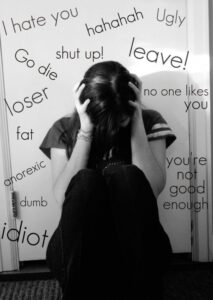
You are an abusive parent if you do any of the following.
- Belittling the child in public
- Openly admitting to disliking or hating the child
- Applying severe punishments
- Having unrealistic expectations
- Being emotionally distant or indifferent are emotionally abusive behaviors.
Some people who abuse children have a history of violence and aggression or have substance use disorders.
However, consequences of emotional abuse doesn’t just have a negative effect on individuals and families; it also strains the society. The consequences of abuse burden the health and social care systems, and is costly because increased educational failure, crime, and the need for mental health services.
Treatment for the perpetrator and victim as Verywellfamily stated is therapy but avoidance is better. Love your children and consciously avoid everything that can lead to emotional abuse.

